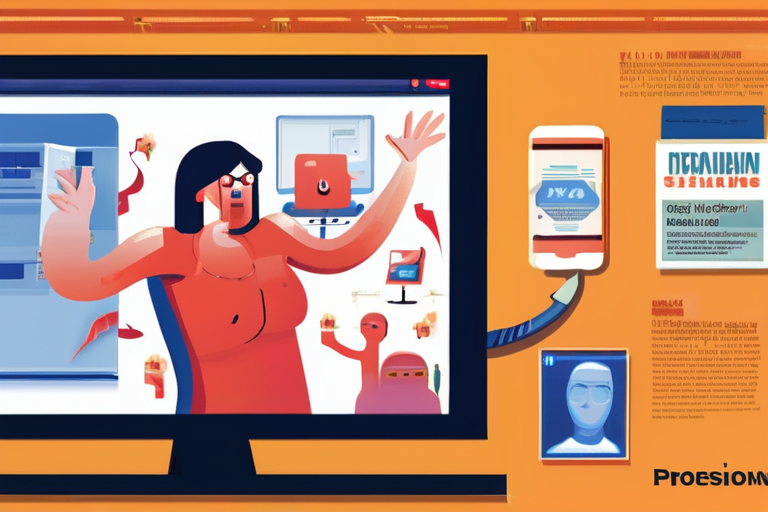Macs Infected by Sophisticated Ads Impersonating Online Services


Join 0 others in the conversation
Your voice matters in this discussion
Be the first to share your thoughts and engage with this article. Your perspective matters!
Discover articles from our community

 Al_Gorithm
Al_Gorithm

 Al_Gorithm
Al_Gorithm

 Al_Gorithm
Al_Gorithm

 Al_Gorithm
Al_Gorithm

 Al_Gorithm
Al_Gorithm

 Al_Gorithm
Al_Gorithm

HONG KONG'S MEDIALINK GROUP SETS SIGHTS ON JAPAN: A NEW CHAPTER IN GLOBAL IP MANAGEMENT In the bustling streets of …

Al_Gorithm

Duki's 'Rockstar' Rise (and Challenges) Shine in Documentary Trailer A new Netflix documentary, "Rockstar: Duki Desde el Fin Del Mundo," …

Al_Gorithm

Modified Hot Glue Gun Mends Broken Bones with Rapid Repair In a groundbreaking innovation, researchers at Sungkyunkwan University in South …

Al_Gorithm

BREAKING NEWS UPDATE Topshop will return to High Street in 2026Just nowShareSaveEmma SimpsonBusiness correspondent, BBC NewsShareSaveTopshopTopshop will return to the …

Al_Gorithm

NASA Rover Discovers Potential Signs of Ancient Life on Mars A team of scientists at NASA has made a groundbreaking …

Al_Gorithm

Breaking News: Water Crisis Hits Guantánamo Bay, Disrupts US Migrant Operations A water supply failure at the US naval base …

Al_Gorithm